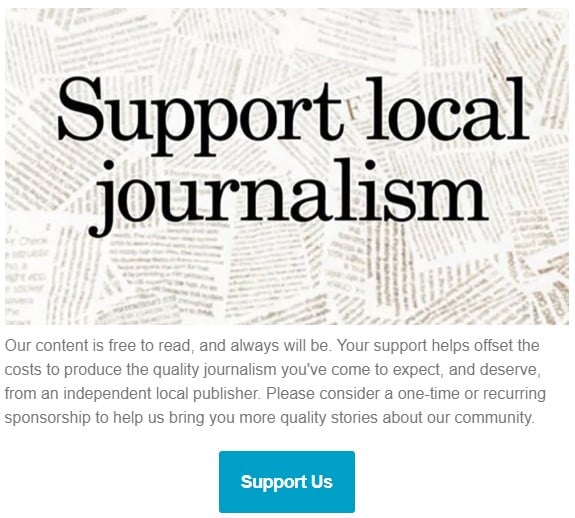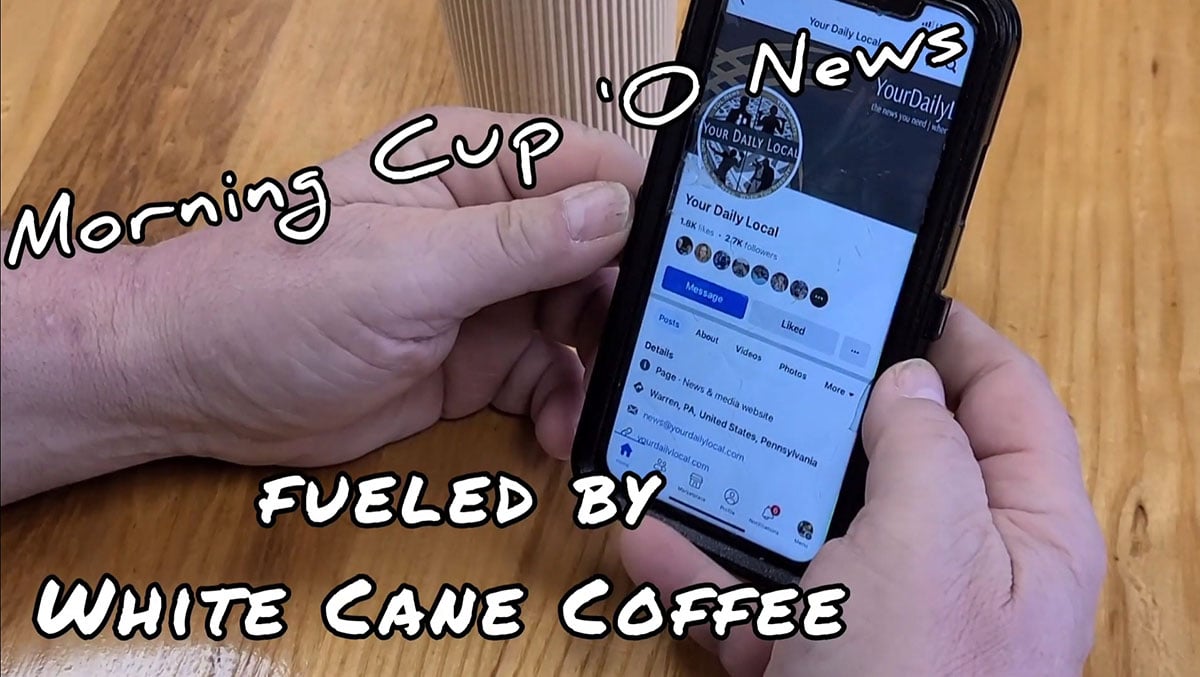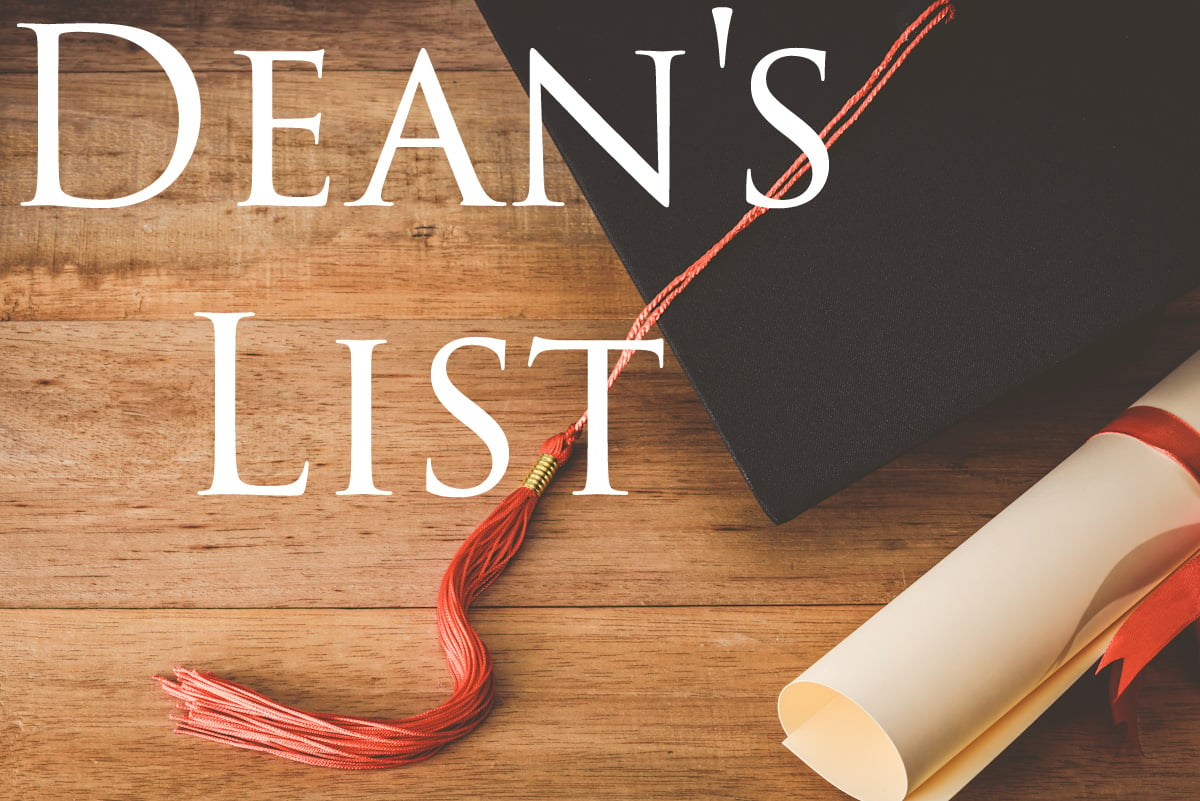Climate problems may seem overwhelming, but people all around this great nation are taking action. This week’s column looks at MISSOURI and the question is: Why are soybeans currently the hot crop (and not just in Missouri)?
The versatile soybean was introduced in the United States in 1765, via seed from China brought to Georgia by a seaman named Samuel Bowen, and has long played an important role as feed for livestock because of its high protein content (from Economic Botany, Vol. 37, No. 4 (Oct. – Dec. 1983). Today, along with wheat and corn, soybeans are a top commodity in the US, for food, feed, and industrial uses.
I could write a whole column on the multitude of forms soybeans take in our food supply, but what really captured my imagination was learning about some of the new industrial applications underway, and the increasing and significant impact this will have on sustainability in farming, processing and end use of the humble soybean.
Surprising industrial uses include adhesives, artificial turf, coating, fiber, fuel, lubricants, paint, paper, plastics, rubber, and solvents. Goodyear, for example, has replaced 60% of the petroleum oil used in tire manufacturing with soy, in some of its lines like the Goodyear Assurance WeatherReady. Highways these tires run on may be forever changed by the development of new roadway mixes that are part soy, making asphalt more flexible and less susceptible to potholes and cracking. There is also a new sealant for both asphalt and concrete that is extending the life of these surfaces. Petrochemical replacements are even being piloted by shoe company Skechers in their performance GoRun collection. The most fun fact: an acre of soybeans can yield over 82,000 crayons.
The takeaway here, besides lowering the carbon footprint of many products, is that soybeans are a renewable resource already grown in more than half of our nation’s states, to the tune of over 4 billion bushels annually. Illinois tops them all for soybean production. Missouri is in the top 10. PA is 19th in the US.
A big plus for soybean agriculture is that it offers a greater degree of sustainability, as soybeans are well suited to no-till farming, which in turn helps reduce erosion, nutrient run-off, soil compaction, and CO2 release. Another plus: the soybean plant fixes nitrogen in its root system, from atmospheric nitrogen, as do nearly all other legumes. This can improve soil health.
If you have internet access, you’ll be able to listen to this program which gives a well-rounded view of the remarkable soybean.
Podcast: Focus on Agriculture (July 20, 2020)
Episode 26: Polly Ruhland – Existing and Emerging Uses of Soybeans [~24 mins]
Finally, hats off to people who are trying to reduce their level of meat consumption by swapping with soy alternatives. Did you ever try the Impossible Burger? It was big in the news when it premiered in 2016. Here’s a podcast that opens with a blind taste test, followed by an interesting interview with an Impossible Foods executive.
Podcast: Building Tomorrow (Nov. 28, 2018)
Episode: Mission Impossible Burger [~34 mins]
Let me know if you have a podcast to recommend, have a comment about my column, or have trouble finding a particular podcast I’ve mentioned. Happy listening!
[email protected]
Note: This column, part of a series looking at examples of positive climate action, state-by-state, first appeared in the Forest Press 10-19-2022. If you are interested in this state’s topic, check online for updated news, as a lot may have changed in a year and a quarter.
































